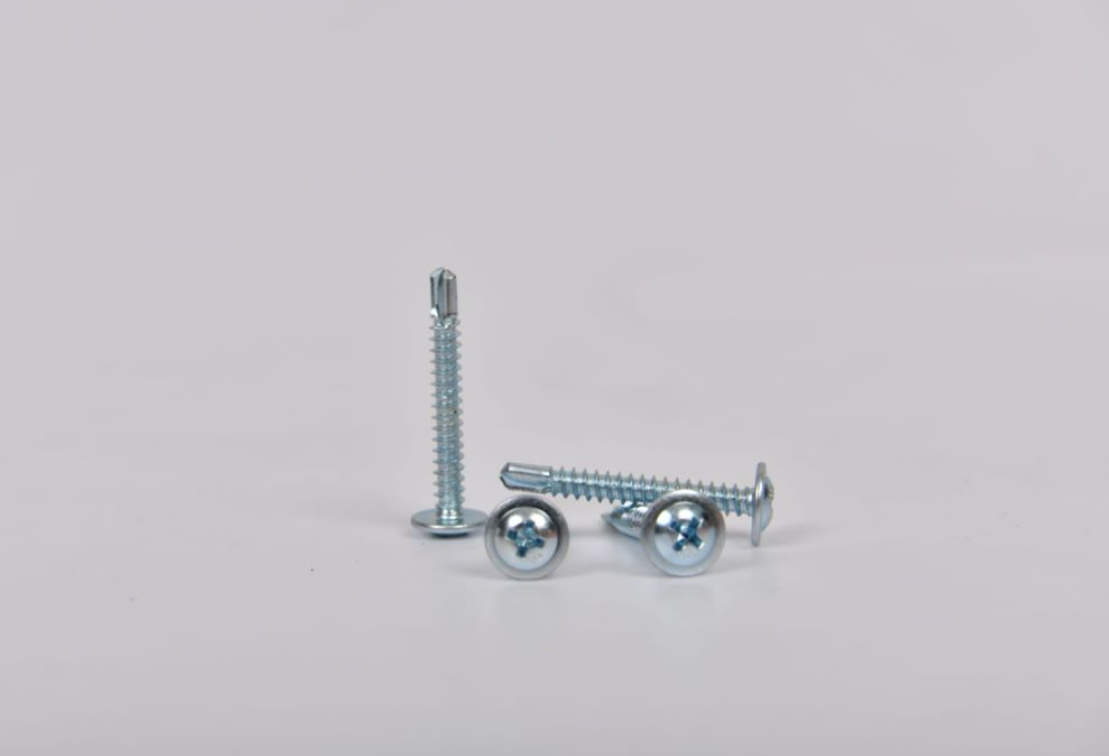fender washer vs flat washer supplier
Fender Washer vs. Flat Washer Understanding the Differences and Choosing the Right Supplier
When it comes to fastening and securing components in various applications, washers play a crucial role. Among the many types available, fender washers and flat washers are two commonly used options. Understanding the differences between them can aid in selecting the right supplier for your needs.
What are Fender Washers?
Fender washers are characterized by their larger outer diameter compared to standard flat washers. This design provides increased surface area, enhancing load distribution over the surface being secured. Fender washers are typically used in applications where a larger bearing surface is needed, such as attaching fenders to boats or in automotive applications. Their shape prevents sinking into softer materials like wood or plastic, making them ideal for outdoor projects where durability is key.
What are Flat Washers?
Flat washers, on the other hand, are the traditional washer type, featuring a smaller outer diameter and a central hole to accommodate screws and bolts. They are primarily used to provide a smooth surface for the fastener, helping to distribute the load and prevent damage to the material being fastened. Flat washers can be made from various materials, including stainless steel, nylon, and more, catering to a wide range of applications—from construction to household repairs.
Choosing Between Fender and Flat Washers
Selecting between fender washers and flat washers depends on the specific application. If you require better load distribution and are working with softer materials, fender washers may be the preferred choice. Conversely, for general fastening needs, flat washers are often adequate and more cost-effective.
fender washer vs flat washer supplier

Selecting the Right Supplier
Once you've determined the type of washer you need, the next step is finding the right supplier. It is essential to partner with a supplier who offers a variety of options, including both fender and flat washers. Here are some factors to consider
1. Quality Assurance Ensure that the supplier follows industry standards in manufacturing washers. Look for suppliers that provide certifications and quality control measures to guarantee product reliability.
2. Material Variety A good supplier should offer washers made from different materials to suit various environmental conditions. This is particularly important if you’re dealing with corrosive substances or outdoor applications.
3. Customization Options Depending on your project requirements, you may need washers in specific sizes or materials. A flexible supplier that can accommodate custom orders will be advantageous.
4. Competitive Pricing Price can vary significantly among suppliers. It is essential to compare prices while considering quality. The cheapest option may not always be the best in terms of performance and longevity.
5. Customer Service Choose a supplier known for excellent customer service, as this will ease the ordering process and address any post-purchase concerns that may arise.
In conclusion, understanding the differences between fender washers and flat washers can significantly impact your project’s success. By selecting a reliable supplier that meets your specific needs, you can ensure that your fastening solutions are both effective and durable.
-
Top Choices for Plasterboard FixingNewsDec.26,2024
-
The Versatility of Specialty WashersNewsDec.26,2024
-
Secure Your ProjectsNewsDec.26,2024
-
Essential Screws for Chipboard Flooring ProjectsNewsDec.26,2024
-
Choosing the Right Drywall ScrewsNewsDec.26,2024
-
Black Phosphate Screws for Superior PerformanceNewsDec.26,2024
-
The Versatile Choice of Nylon Flat Washers for Your NeedsNewsDec.18,2024










